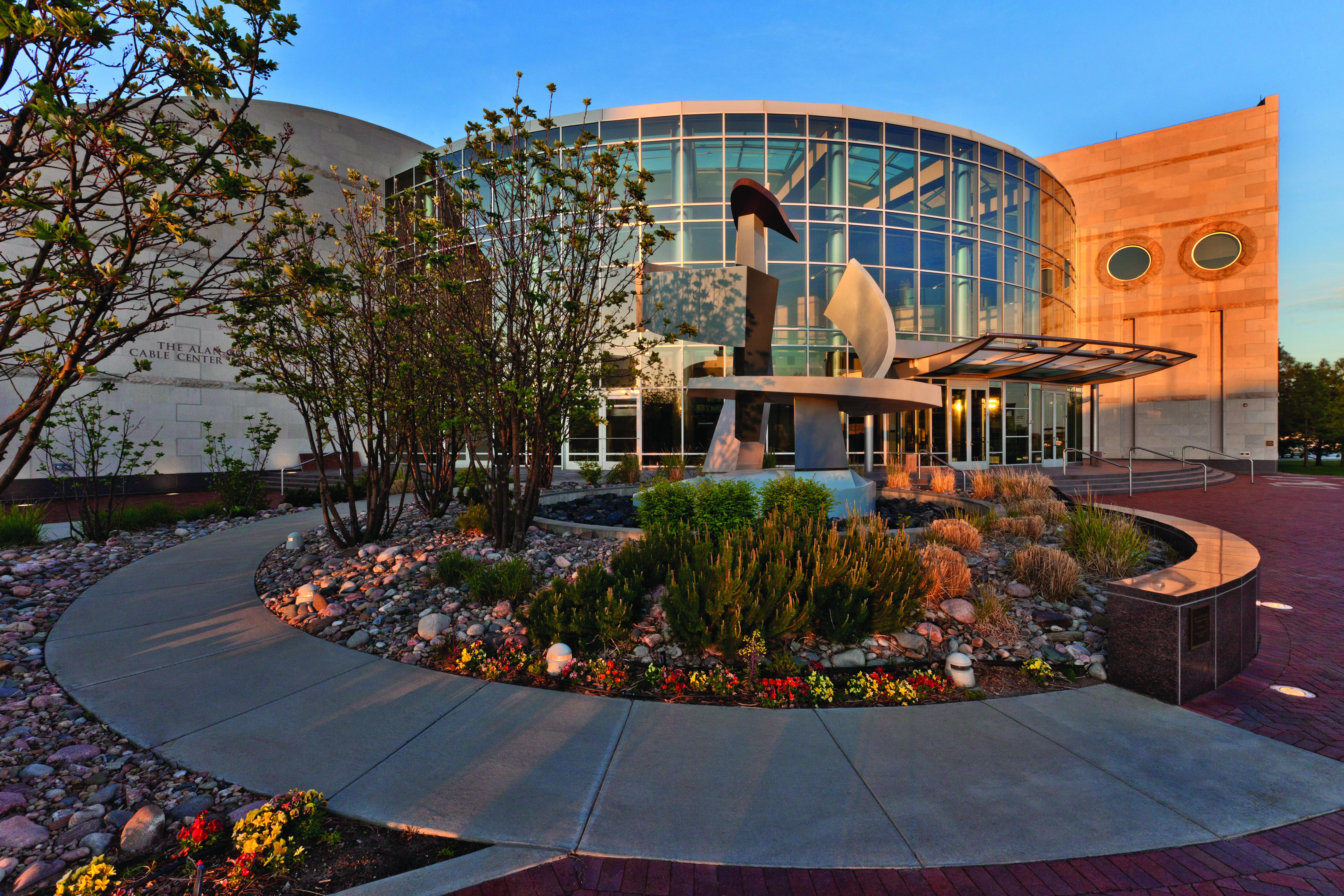Riding the Wave of Change
Why developing a culture of innovation and agility is essential to success

The smarter way to stay on top of the multichannel video marketplace. Sign up below.
You are now subscribed
Your newsletter sign-up was successful
The pandemic has changed everything — the way we socialize, celebrate, communicate and how we work.
In the content and connectivity industry, the challenge was twofold: to quickly equip a remote workforce and ensure that people worldwide stayed connected. Proudly, the industry rose to the challenge, exhibiting agility and innovation in a time of crisis. But now that seas are starting to calm, what will organizations continue to do to ride the wave of change?
I talked to industry learning and development experts Diana Monk, VP of learning solutions at Charter Communications; Martha Soehren, former chief talent development officer at Comcast and current executive development adviser and coach; and Allyson Crawford, VP of talent management at WOW! Internet, Cable & Phone, so they could share their thoughts on how the pandemic has changed workplace practices, behaviors and culture.
Spoiler alert: Even change caused by a global crisis can create opportunities for the future.
Trust, Freedom Speed Innovation
While most organizations like to say they grant their employees the freedom to innovate, this principle wasn’t really tested until the pandemic caused a sudden and dramatic shift in the way people work. Leaders had no choice but to allow people at all levels to do what they needed to do to get their work done.
Rather than the feared outcome of remote workers becoming disengaged and unproductive, the new flexibility increased engagement and productivity. “There were a couple of factors that felt very prominent during the pandemic, and one of those was how we built a trust factor that people would get the work done, that they would do what they needed to do,” Soehren said. “And the second of those was that we gave people the freedom to create a new way of working, a new way of being productive, a new way of interacting and I think that those capabilities will help us immensely moving forward in a more intrapreneurial world.”
The Need for Agility Activated Culture Change
Large industry organizations tend to have bureaucratic cultures, which means big change happens slowly. At the start of the pandemic, organizations needed to adapt extremely quickly, so decision hierarchies and lengthy processes were thrown to the wind — with surprising results.
The smarter way to stay on top of the multichannel video marketplace. Sign up below.
“It’s amazing to reflect on how quickly we were able to move some employees — for example, our call center agents to their homes,” Monk said. “I was talking with some members of our IT team, and they said, ‘If someone had put a project plan in front of us and said how long will it take you to move your call centers to 50% at home and 50% in the office, the answer would’ve been somewhere around nine months.’ We did it in less than two weeks because we had to. The lesson on the need for agility there is pretty strong.”
Empowered, Engaged Employees
If employees are given the freedom to try new things without fear of reprisal, the result is greater engagement. Some organizations have realized the benefits of this shift and are planning to build greater agility into their cultural touchstones moving forward.
“We’re making decisions more quickly,” Crawford said. “It’s exciting. We’re seeing engagement increasing. We’re empowering our employees, our leaders, to make decisions at a different level.” Added Crawford, “I think the real gift of the pandemic is we’re seeing a lot more generation of ideas by even our frontline employees because we’re asking for more opinions.”
Cultivating leaders from within and engaging high performers are essential to holding on to top talent. Engaged employees are 87% less likely to leave their organization, and this is especially important in the new competitive employment market.
The pandemic has been a crash course in the need for organizations to demonstrate agility and empower employees. Now, our job is to take what we’ve learned and use it to ride the wave of change — lest we risk going under.
Janice Silver is the VP of Intrapreneurship Academy at The Cable Center, which provides intrapreneurship and innovation education, conferences and thought leadership to industry professionals.

